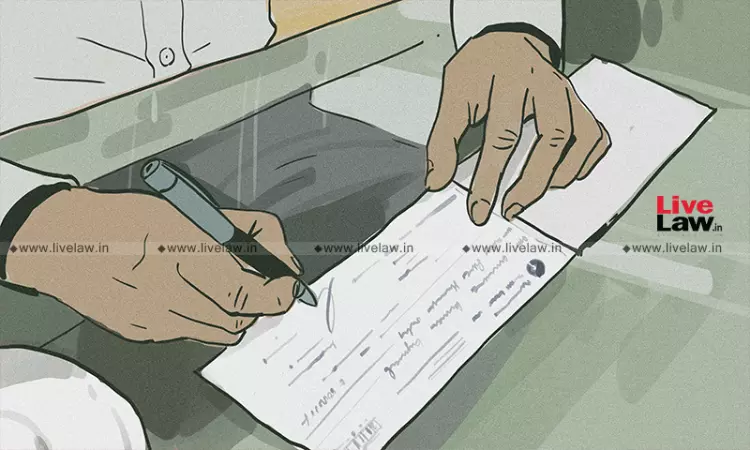Madras High Court Issues Directions To Clear Backlog Of Cheque Bounce Cases In Magistrate Courts
Upasana Sajeev
14 Feb 2025 9:06 AM IST

Next Story
14 Feb 2025 9:06 AM IST
Noting the pendency of cases under Section 138 of the Negotiable Instruments Act, the Madras High Court has issued a slew of directions for speedy of disposal of cases. “Judicial notice can be taken of the fact that cases under Section 138 of the Negotiable Instruments Act, 1881 are clogging the Magistrate Courts for years on account of various reasons. The very purpose...
